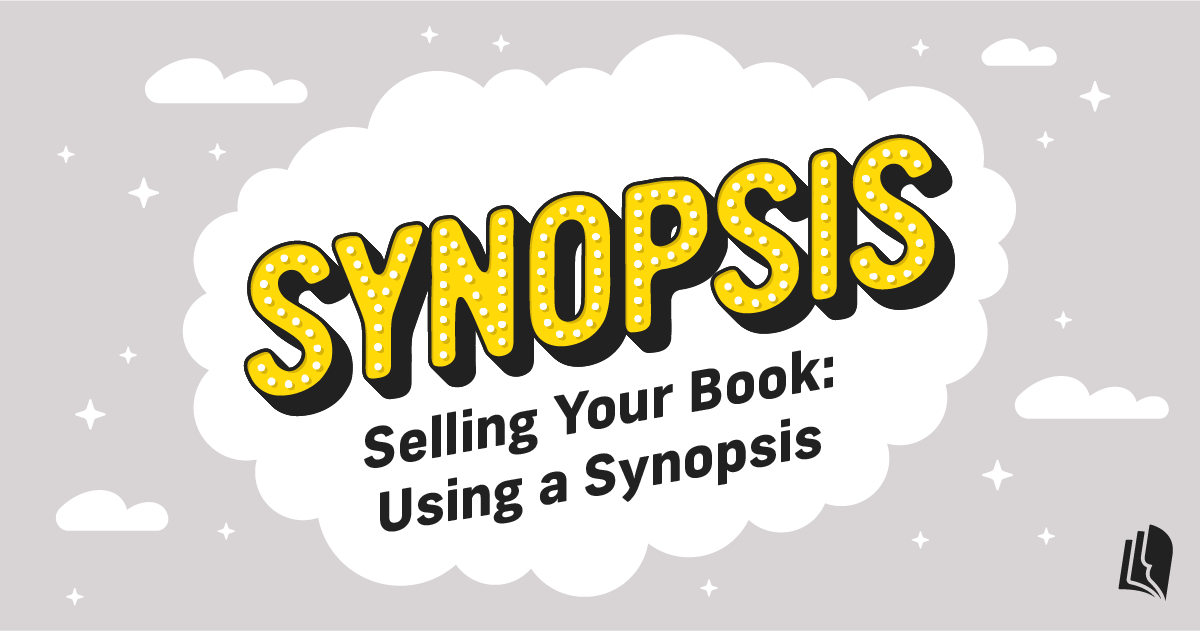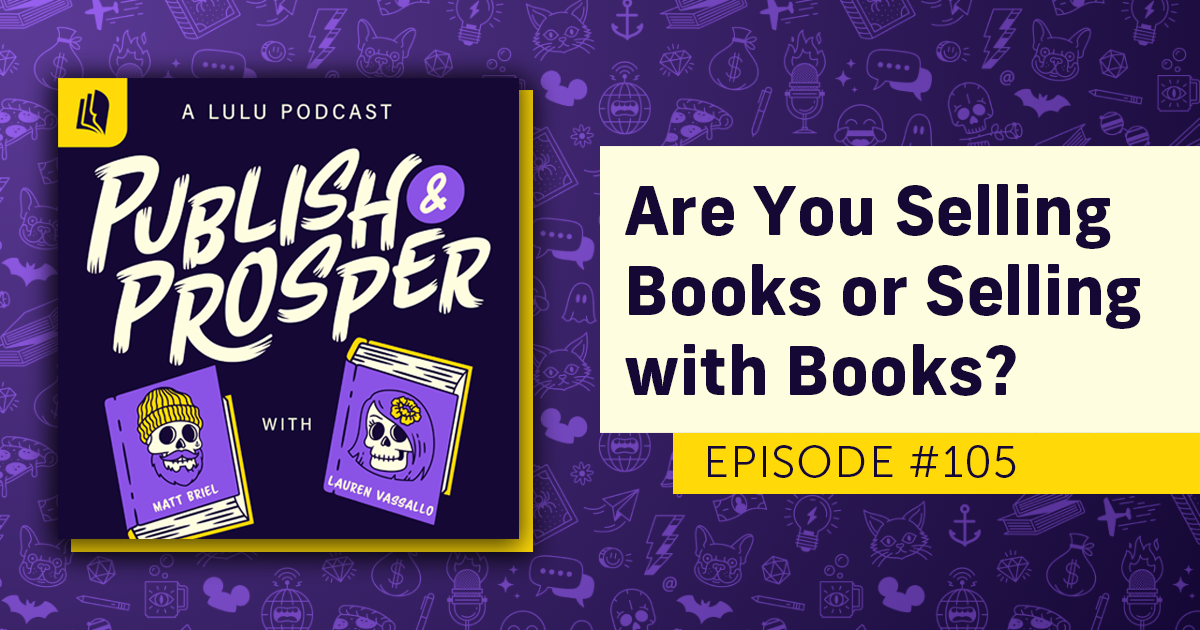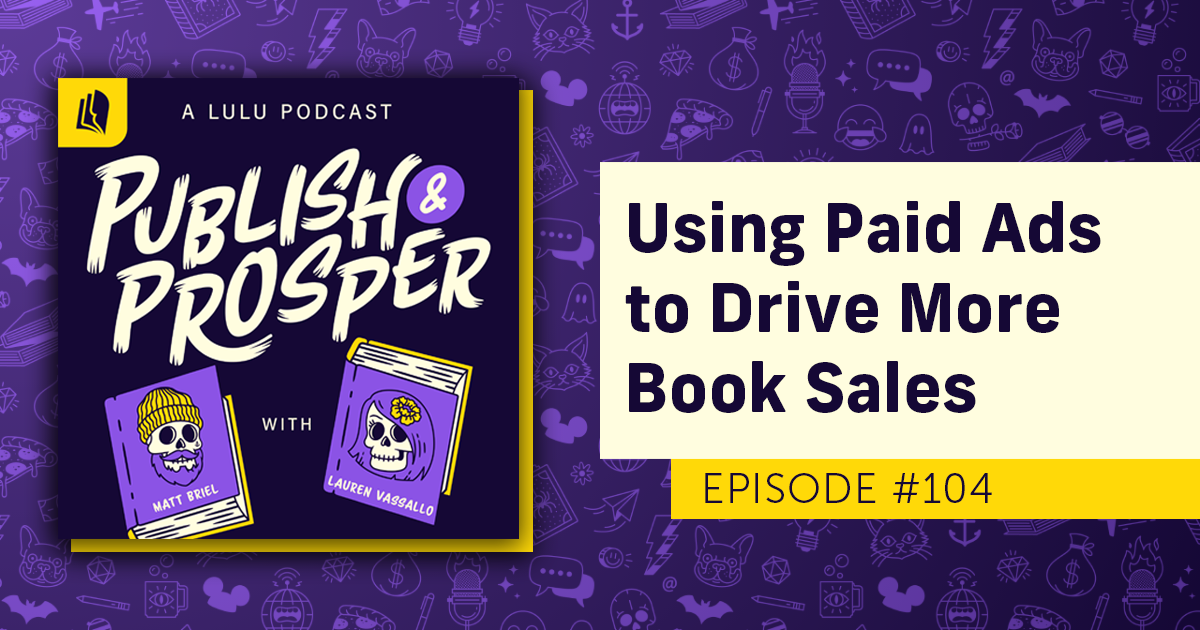Mastering the Art of the Synopsis for Authors and Content Creators
When most authors relied on traditional publishing to get their book published, marketed, and sold, a synopsis was absolutely critical. Today, with so many authors and creators using self-publishing to sell their books, the synopsis isn’t as important as it once was.
Still, drafting and refining a synopsis of your book is valuable and may prove useful in promoting your work.
But what exactly is a synopsis, and why is it so important?
What is a Synopsis?
Your book synopsis is a concise summary of your story, plot, or main argument (whether that's fiction or nonfiction), typically ranging from 400 to 500 words. It offers a glimpse into your story or nonfiction work, setting the stage, introducing main characters or themes, and highlighting the core premise.
For fiction, it lays out the plotline; for nonfiction, it underscores unique aspects that distinguish your work within its genre.
Whether you're crafting a novel or a nonfiction piece, the synopsis acts as a roadmap for potential publishers, literary agents, or even readers. It's not just a summary; it's your book's (extended) elevator pitch.
Importance of a Synopsis for Traditionally Published Authors
For traditionally published authors, crafting a compelling synopsis is critical when sending query letters to agents and publishers. The synopsis isn't a book blurb or description—it's a start to finish overview of your story. You're not just trying to convince a reader that you've got an interesting story; you’re trying to convince a publisher that your book is both compelling and profitable.
A well-written synopsis shows your ability to succinctly convey the essence of your story, with an emphasis on the marketability of your book. Here are key reasons why a strong synopsis matters:
- It provides an overview of your book’s narrative arc and character development.
- It showcases dramatic tension, which is crucial for capturing interest.
- It helps agents and publishers assess the fit within the current market landscape and their catalog.
A strong synopsis can spark interest and curiosity, dramatically increasing the likelihood that a publisher picks up your manuscript.
Investing time and effort to create a polished, engaging synopsis is essential if you're trying to get traditionally published.
Why a Synopsis is Crucial for Self-Published Authors
Writing and refining a synopsis makes perfect sense for authors who want to get a publishing deal.
But for the rest of us—those self-publishing and selling directly—it might not seem as important. Sure, you won't be pitching your book to traditional publishers.
That doesn't mean you won't pitch your book at all. In fact, you'll spend a lot of time talking about what your book is about as you develop your author brand.
Writing a synopsis is an effective exercise to help refine your talking points for your book. That's a huge help when you're at events talking to potential readers. Or when you're working with the local bookstore to get shelf space for your books.
The last thing you want in either situation is to stumble over describing your book.
Having a synopsis you've crafted and workshopped is like a sales script you can reuse for years.
How to Write an Effective Synopsis
Okay, so writing your synopsis is pretty similar to writing a description. But they are not the same!
Your description is an advertisement. It's a carefully crafted, short piece of content with the express purpose of driving interest in your book, leading to a sale.
The synopsis is actually a complete look at your book's contents. That can lead to it being longer and more detailed. You're not trying to hide anything or be subtle in your synopsis either.
You need to paint a complete picture of your story.
Here's a three-point guide to writing your synopsis and making sure it stands out from your book description or other marketing materials you might create:
- Summarize the entire book. Provide a concise overview of the main events, focusing on the protagonist's journey or the topic you focus on.
- Highlight key themes. Introduce your protagonist, plotlines, or main arguments, but focus on the elements that will pique interest without going overboard with details. You can leave out subplots or granular details.
- Keep it concise: Your synopsis should be clear and to the point, free from errors, and give a full overview of your book. Aim for around 500 words.
Following these steps helps ensure your synopsis is refined and clearly pitches your book.

Your Free Lulu Account
Create a Lulu Account today to print and publish your book for readers all around the world
Putting Your Book Synopsis to Work
A synopsis isn't just a summary—it's a strategic tool that, when crafted effectively, can significantly impact your book's success. You probably won't be leaning on your synopsis to pitch to an agent or land any kind of book deal.
Still, you'll want it to give yourself a set of talking points for your book. That's key when building relationships with other creators or retailers. Taking the time to write down this information can also help you stay focused and on track when promoting your book.
Your synopsis should include a brief summary of the main plot points, characters, and themes. It should also touch upon the tone, style, and genre of your book.
In addition to providing information about your book's content, your synopsis should also showcase why your story is unique and compelling. What makes it stand out from other books in its genre? What themes or messages does it explore that are relevant and timely?
By understanding its importance and learning how to develop a compelling synopsis, you'll be well-equipped to present your work to the world.




